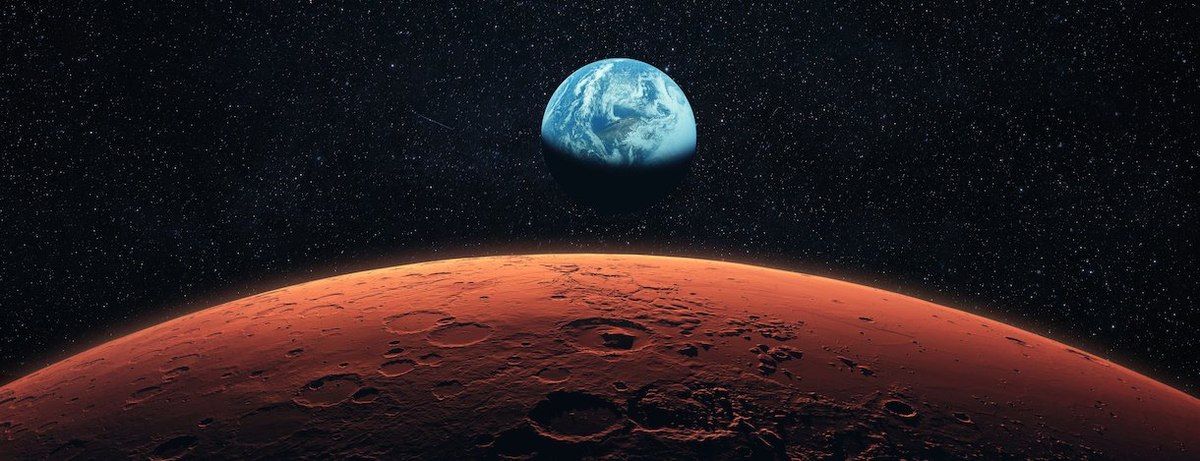Last week, SpaceX’s Starship rocket exploded, minutes after liftoff and before reaching orbit. The vast majority of Americans — 79% — heard or read something about the explosion in the days that followed, new polling by the Economist and YouGov finds.
Our latest poll asked Americans their broader views on space travel, including sending astronauts on various expeditions, the likelihood of permanent settlements in space, and whether the government or private companies should be primarily responsible for space exploration.
Majorities of Americans favor the U.S. sending astronauts in the future to the moon (64%) and to Mars (57%). Men are more likely than women to favor such expeditions: 65% of men say we should send astronauts to Mars compared to just 50% of women; for the moon, it's 74% and 54%, respectively.
Only one in five Americans (19%) think it's "very likely" that NASA will get people onto Mars by 2040; 37% say it's somewhat likely and 28% say it's not very likely or not at all likely. There has been an increase in belief a Mars mission will happen since July 2022, when YouGov last asked. Now, 56% of Americans think it's very or somewhat likely that NASA will get people to Mars by 2040; last year, just 49% thought this.
Americans are less confident that people will colonize space in the next half-century. Just 12% think it's very likely that in 2073 at least some people will be living in space permanently — either on another planet such as Mars or on the moon; 31% think this is somewhat likely and 40% think it's not very likely or not at all likely.
As with the chances of getting people to Mars, the perceived likelihood of setting up a permanent colony in space has increased in the past nine months. Now, 43% of Americans think it is very or somewhat likely to happen in the next 50 years; last year, just 37% said this.
About half of Americans (48%) say the responsibility for space exploration should be split between national governments and private companies. Among people who prefer one or the other take responsibility, more say national governments (23%) should be in charge of space exploration than say private companies should be (11%). Just 5% say neither governments nor private companies should have primary responsibility for space exploration.
Related:
- Americans' reactions to new NASA images from the James Webb Space Telescope
- A growing share of Americans believe aliens are responsible for UFOs
— Carl Bialik, Linley Sanders, and Kathy Frankovic contributed to this article
See the toplines and crosstabs from the Economist/YouGov poll conducted on April 22 - 25, 2023 among 1,500 U.S. adult citizens.
Methodology: Respondents were selected from YouGov’s opt-in panel using sample matching. A random sample (stratified by gender, age, race, education, geographic region, and voter registration) was selected from the 2019 American Community Survey. The sample was weighted according to gender, age, race, education, 2020 election turnout and presidential vote, baseline party identification, and current voter registration status. Demographic weighting targets come from the 2019 American Community Survey. Baseline party identification is the respondent’s most recent answer given prior to June 1, 2022, and is weighted to the estimated distribution at that time (34% Democratic, 31% Republican). The margin of error for the overall sample is approximately 3%.
Image: Adobe Stock (alonesdj)












